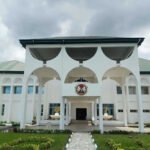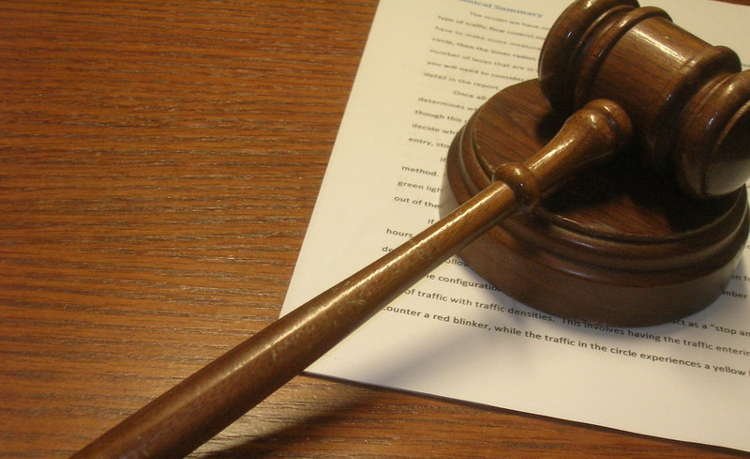The arraignment of minors and other protesters who participated in the #EndBadGovernance protests raises significant human rights concerns.
Development Diaries reports that the protesters were arraigned by the police on Friday for allegedly trying to destabilise Nigeria, inciting mutiny, and shouting ‘Tinubu must go, it’s military we want’.
The protesters, many of whom are children, are being tried for treason and other offences, and they are subject to stringent conditions and an outrageous bail of N10 million each.
The National Human Rights Commission (NHRC) has maintained that the arraignment of the minors for allegedly attempting to overthrow President Bola Tinubu-led government ‘clearly contravenes a plethora of national, regional and international laws’.
Detaining children under charges as severe as treason contravenes multiple national, regional, and international laws protecting the rights of minors.
The stringent bail conditions imposed, including amounts impossible for most detainees to afford, further reveal systemic issues within the justice system.
The legal and humanitarian violations faced by the detainees, including extended detention without court orders, detention of minors in adult facilities, and lack of basic rights such as adequate food, health care, and contact with family members are totally condemnable.
Prosecuting young Nigerians who were peacefully advocating for change is simply ‘criminalisation of protest’ and it is clearly not acting in the best interests of the child..
This alarming development, where some of the children reportedly appeared malnourished and suffered from poor health, underscores the failure of the justice system to uphold principles of fairness and the well-being of vulnerable groups.
Under Nigeria’s Child’s Rights Act of 2003, provisions are made to protect the rights and welfare of children, including regulations regarding detention and legal proceedings.
Section 204 prohibits the detention of children alongside adults. This part ensures that minors are held in facilities separate from adult offenders to prevent undue influence or harm.
Also, Section 208 mandates that children should not be tried in conventional adult courts but rather in specialised Juvenile or Family Courts designed to handle cases involving minors with a focus on rehabilitation rather than punishment.
To address these violations, immediate and unconditional release of all detained minors and protesters should be prioritised.
Development Diaries calls on President Tinubu to ensure that the Attorney General reviews these cases swiftly to prevent further harm and uphold Nigeria’s commitment to protecting human rights.
Moreover, comprehensive measures should be taken to review and strengthen Nigeria’s criminal justice policies concerning protests and the treatment of children in legal processes.
Photo source: Brian Turner







